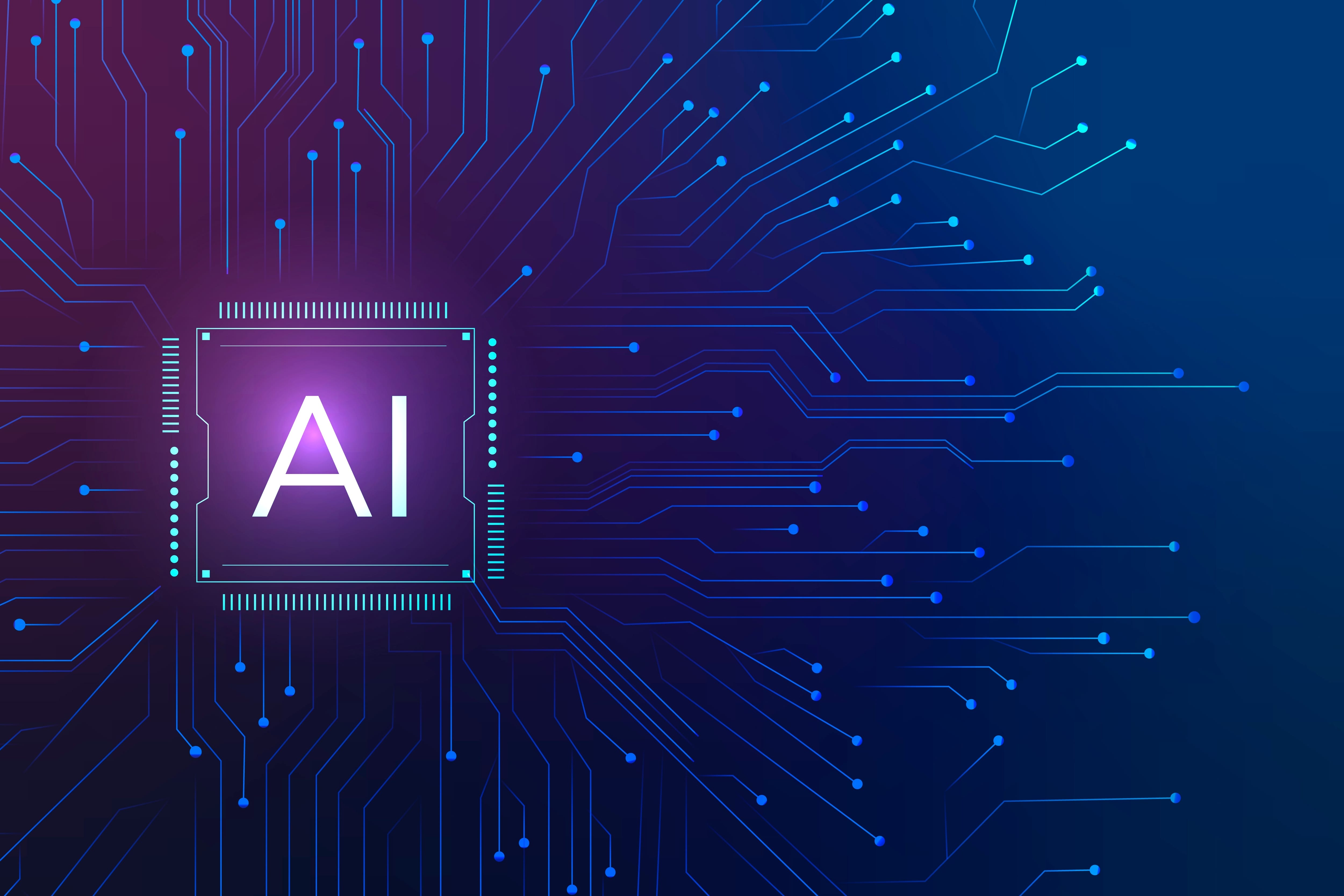Artificial intelligence

What do you mean by artificial intelligence (AI)?
Artificial intelligence is a short name as AI. Its main function is to imitate human intelligence. It primarily represents computer systems. It encompasses various technologies to enable machines to perform tasks that normally require human-like cognitive abilities. These tasks include, however, expert decision-making, natural language understanding and processing, speech recognition visual data interpretation, etc.
Functions of AI –
Artificial intelligence, or AI, has become an important term in today's technological landscape. Vendors are beginning to leverage AI's expertise in their products and services. However, it is important to understand that AI encompasses several components, of which machine learning is a significant one. To bring AI to life, skilled programming languages such as Python, R, Java, C++, and Julia as well as specialized hardware and software are essential.
At its core, AI systems work by integrating vast sets of labeled training data and also examining this data for correlations and patterns, and using these insights to predict future scenarios.
AI programming encompasses four core cognitive skills: learning, reasoning, self-correction, and creativity.
Learning - Learning involves acquiring data and creating algorithms. so that it can be translated into actionable insights. These algorithms act as instructions for computing devices and guide them through certain tasks.
Reasoning – Reasoning involves selecting the most appropriate algorithm to efficiently achieve the desired result.
Self-correction – Self-correction is essential in AI programming, ensuring continuous refinement of the algorithm for optimum accuracy of results.
Creativity---Creativity in AI comes from different techniques. Such as generating novel content such as images, text, music, and ideas using neural networks and statistical methods.
Advantages of Artificial Intelligence:
Accuracy in detail-oriented tasks: Diagnosing cancers such as breast cancer and melanoma requires careful attention. AI plays an important role in determining this.
Ability to manage data-intensive operations: AI can streamline tasks such as rapid data processing, loan applications, and fraud detection in industries that deal with large datasets such as finance, pharmaceuticals, and insurance.
Labor and productivity gains: AI integration, especially in sectors like warehouse management, not only reduces reliance on manual labor but also increases productivity.
Consistent performance: AI-powered tools like translation software ensure a consistent quality of output, enabling businesses of all sizes to maintain reliability in customer communications.
Personalized customer experience: Through sophisticated personalization algorithms, AI tailors content, advertising, and recommendations to individual preferences, increasing customer satisfaction and engagement.
Continuous availability: AI-powered virtual agents work around the clock without the need for breaks or downtime, ensuring continuous accessibility for users.
Disadvantages of Artificial Intelligence:
Expensive implementation: Adoption of AI technology requires considerable financial investment due to the costs associated with processing large datasets and acquiring the necessary skills.
Technical Complexity: Developing and maintaining AI systems requires specialized skills and knowledge, a challenge for organizations lacking the necessary skills.
Talent Shortage: Lack of qualified professionals skilled in AI development hinders widespread deployment and innovation in this field.
Bias Amplification: AI models trained on biased datasets run the risk of perpetuating and even exacerbating societal biases, raising concerns about fairness and equity in automated decision-making processes.
Limited generalization: AI struggles to apply knowledge gained from one task to another, hindering its ability to adapt and generalize across different situations.
Job Displacement: As automation with AI technology replaces human roles and contributes to unemployment, proactive measures are needed to address workforce migration and skill development.
History of Artificial Intelligence
The evolution of artificial intelligence (AI) has been marked by significant milestones:
-
1950: Alan Turing poses the question "Can machines think?" and introduced the Turing Test.
-
1956: John McCarthy coined the term "artificial intelligence" at Dartmouth College.
-
1967: Frank Rosenblatt builds the Mark 1 Perceptron, the first neural network-based computer.
-
1980: Backpropagation algorithms lead to widespread use of neural networks in AI.
-
1995: Stuart Russell and Peter Norvig published "Artificial Intelligence: A Modern Approach".
-
1997: IBM's Deep Blue defeats world chess champion Garry Kasparov.
-
2004: John McCarthy offers a defining paper on AI.
-
2011: IBM's Watson Jeopardy!
-
2015: Baidu's Minwa supercomputer achieves image recognition surpassing human accuracy.
-
2016: DeepMind's AlphaGo defeated world Go champion Lee Sodol.
-
2023: Big language models like ChatGPT revolutionize AI capabilities, increasing enterprise value.